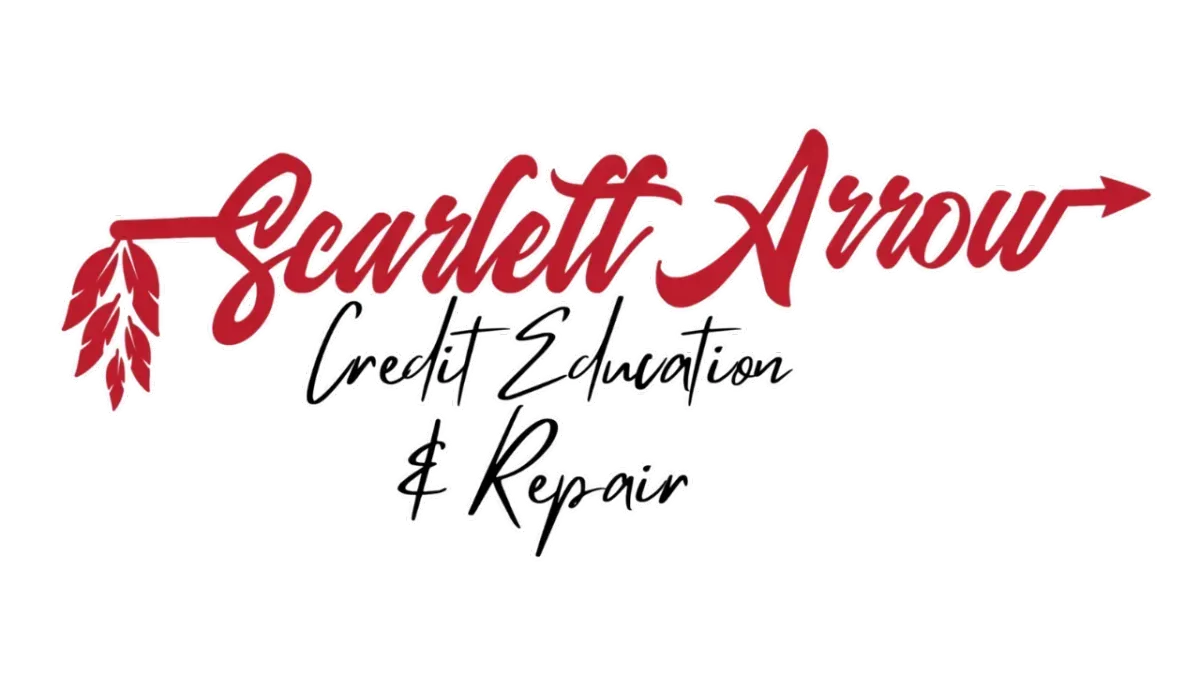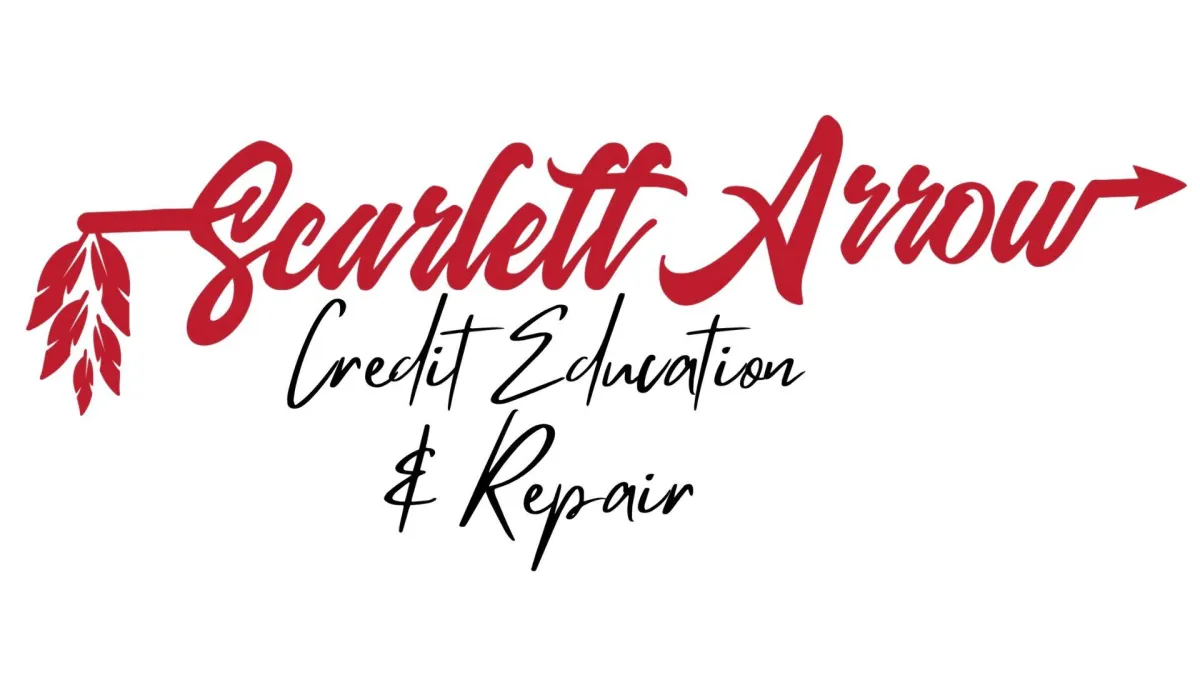FREQUENTLY ASKED QUESTIONS
We understand that managing your credit and improving your financial health can be a complex and sometimes confusing process. Whether you're looking to enhance your credit score, dispute inaccuracies on your credit report, or understand the basics of credit repair, our FAQs are here to guide you. Explore the information below to gain a better understanding of credit repair, how it works, and what you can do to take control of your credit journey.

What is credit repair, and how does it work?
Credit repair is the process of improving your credit score by addressing and rectifying negative items on your credit report. This can involve disputing inaccuracies, negotiating with creditors, and taking steps to build positive credit history.
Why should I consider credit repair?
Credit repair can help you secure better loan rates, lower interest rates on credit cards, and access improved financial opportunities. It can also make it easier to qualify for loans and rental agreements.
How can I check my credit score for free?
You can obtain free credit reports annually from each of the major credit bureaus (Equifax, Experian, and TransUnion) through AnnualCreditReport.com. Many websites and financial institutions also offer free credit score monitoring services.
What factors can negatively affect my credit score?
Common factors that can harm your credit score include late payments, high credit card balances, collections accounts, bankruptcies, and public records like tax liens.
How long does it take to repair my credit?
The timeline for credit repair varies based on your individual circumstances, but it can take several months to a year or more to see significant improvements in your credit score.
Can I repair my credit on my own, or should I hire a credit repair service?
You can attempt credit repair on your own by disputing inaccuracies and managing your finances responsibly. Some people choose to hire a professional credit repair service for assistance, but it's not always necessary.
Are there any legal credit repair techniques I can use?
Yes, there are legal strategies, including disputing inaccurate information, negotiating with creditors for settlements, and building positive credit history through responsible financial management.
Copyright © 2025 Scarlett Arrow

